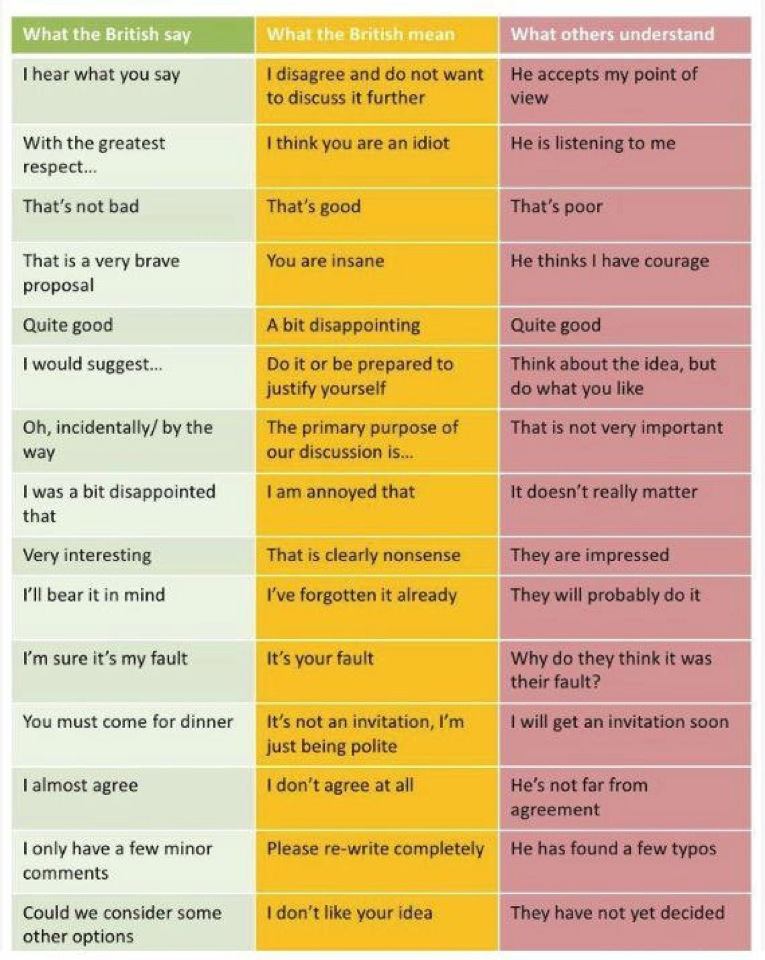
p. 154
ex. 4
said, seemed, was beating, was thinking, screamed, was
really flying, opened, had landed.
We were just about to leave when…
I was just about to give up… when I saw…
I was just about to go… when the doorbell rang.
Just as we were walking… , a police…
Just as we were starting to think…, at that moment…
Homework: reading
activities (1 – 7), p. 118 – 119
p. 120
fault /fɔːlt/ UK US sustantivo & verbo
• sustantivo
1 to be sb's fault ser culpa de
alguien
It's all Martin's fault.
Todo
es culpa de Martín.
blame /bleɪm/ UK US verbo & sustantivo
• verbo [transitivo]
1 echarle la culpa a, culpar
They tried to blame everything on Joey.
Quisieron
echarle la culpa de todo a Joey.
You shouldn't blame yourself for what happened.
No
deberías culparte por lo que pasó.
to
be to blame (for sth) ser responsable (de algo),
tener la culpa (de algo)
2
I don't blame you/him etc te/le etc entiendo
perfectamente, no te/le etc culpo
Put the blame on sth / someone
go wrong
a) to stop working properly
Something’s
gone wrong with my watch.
b) to make a mistake during a process so that you do
not get the right result
Follow these
instructions and you can’t go wrong (=you are sure to succeed).
c) to do something that makes a plan, relationship etc
fail
Thinking back
on the marriage, I just don’t know where we went wrong.
sort itself out British English if
something sorts itself out, it stops being a problem without you having to do
anything
- Our financial problems should sort themselves out in
a week or two.
pan‧ic /ˈpænɪk/ ●●○ S3 noun
1 [countable usually singular, uncountable]
a suddenstrong feeling of fear or
nervousness that makes you unableto think clearly or behave sensibly
in (a) panic
The children fled in panic. a feeling of sheer
panic (=complete panic)
She got into a panic when she
couldn’t find the tickets.
The whole nation is in a state of panic following
the attacks.
She suffers from terrible panic attacks.
knowledge /ˈnɒlɪdʒ/ UK
US sustantivo
1 conocimiento(s)
knowledge of/about sth conocimiento(s) de/sobre
algo
2 without my knowledge sin mi conocimiento
3 to my knowledge que yo sepa
4 it's common knowledge (that) todo el mundo sabe (que)
I’m blocked
rash /ræʆ/ UK US adjetivo & sustantivo
• sustantivo
(plural
-shes) sarpullido , erupción
to come out/break out in a rash salirle a alguien un
sarpullido
p. 120
ex. 2
1e-It was freezing, 1 thin jacket, didn’t check the weather
forecast.
2d- the room was infected with
cockroach /ˈkɒk-rəʊtʆ/ UK
US sustantivo (plural
-ches)
cucaracha
filthy /ˈfɪlθi/ UK US adjetivo (-thier, -thiest)
1 mugriento -a, asqueroso -a
3b- hot, sunbathing
boiling /ˈbɔɪlɪŋ/ UK US adjetivo
hirviendo
boiling water
agua hirviendo
I'm boiling!
¡Me estoy asando!
It’s boiling (hot)
Her skin went purple
Sun cream
4c- excess baggage, the
maximum for anyone bag is 15 kg
ˈrip-off UK US sustantivo (informal)
timo
tiny /ˈtaɪni/ UK US adjetivo (-nier, -niest)
1
diminuto
-a
come across phrasal verb
1 come across
somebody/something to meet, find, or discover someone or something by chance
- I came across an old diary
in her desk.
- I’ve never come across
anyone quite like her before.
A dirty old man
p. 120
ex. 3
weigh /weɪ/ UK US verbo
1 [intransitivo] pesar
How much do you weigh?
¿Cuánto pesas?
I weigh 10 stone 3 pounds .
Peso 65 kilos.
weight /weɪt/ UK US sustantivo & verbo
• sustantivo
1 peso
The fruit is sold by weight.
La fruta se vende a peso.
No comments:
Post a Comment